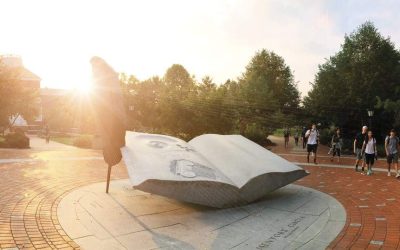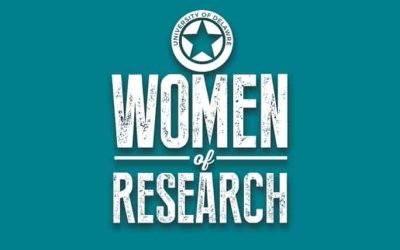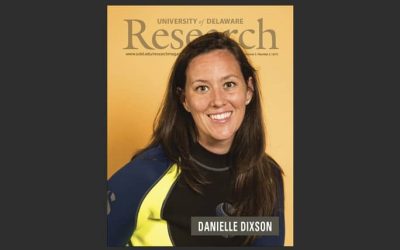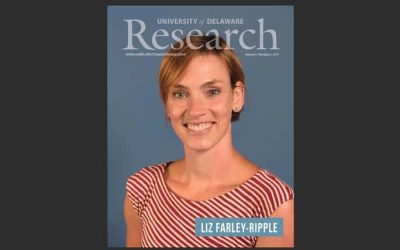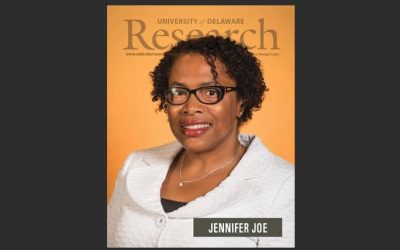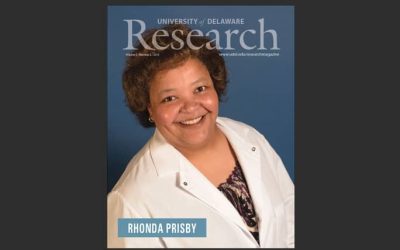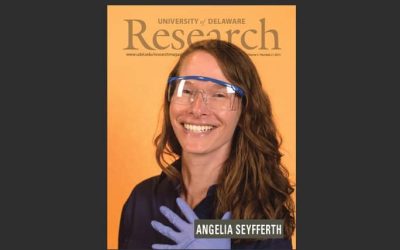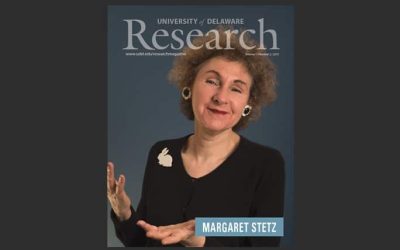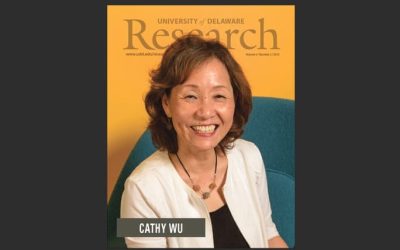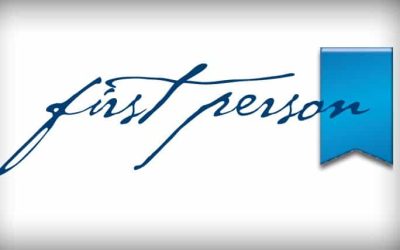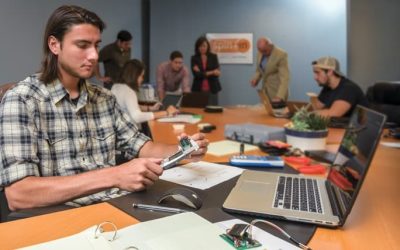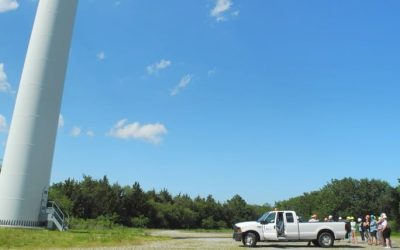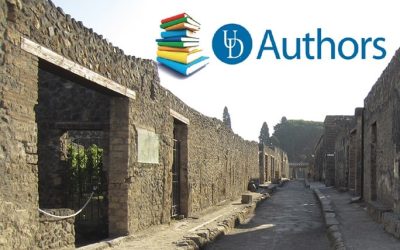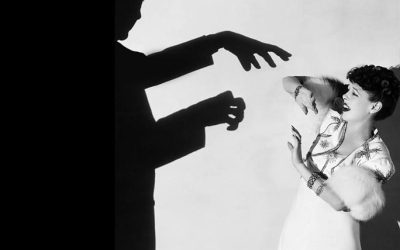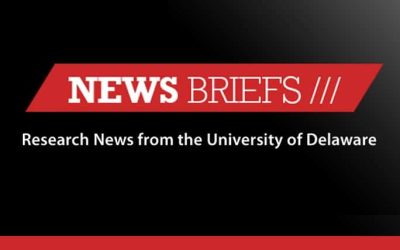
Dugan named Truman Scholar
Erin Dugan
A senior in the Honors Program majoring in public policy, wants to be a change agent for the public good. As a 2015 Truman Scholar—one of only 58 chosen nationally from more than 600 applicants—she receives $30,000 to put toward graduate study. The Salt Lake City native tells us what’s on her agenda.
Erin Dugan is the University of Delaware’s 19th Truman Scholar. UD is a Truman Honor Institution, a distinction recognizing active encouragement of outstanding young people to pursue careers in public service.
Q & A with Erin
What hooked you on public service?
Public service runs in my blood. I grew up in a house where political discussions dominated family dinners, where protests were a regular occurrence, where every election cycle involved some kind of volunteer work, where NPR was always playing. My parents cared a great deal about what was happening in the world, and they instilled in me a sense of duty. I hadn’t declared a major when I started at UD, but I quickly realized that studying something related to politics and public service was a natural fit.
Who has inspired you the most?
My family. I can’t say a specific member because they have all played a role. My parents set me on this path, my sister challenged me to think about political issues that I hadn’t considered, my grandparents provided never-ending praise, my cousins kept my ego in check, my godmother pushed me to always lean in. I wouldn’t be where I am today without all of them. They are the people that made me.
How do you feel when you’re putting your talents to work for others?
I wouldn’t necessarily say I’m putting my talent to work—I think it’s more about simply acknowledging that there are people in this country and around the world that haven’t been as privileged as I have.
I enjoy serving others, but it’s more about the knowledge I gain from the experience.
What’s your dream job?
That’s hard for me to say. I am very passionate about public health, and I would like to work in health policy, specifically on health care reform. I also love politics. The vague dream job is working for a Democratic party leader in the United States Senate. The even more vague dream job is to make a difference in the lives of everyday Americans while residing in Washington, D.C.
What are your next steps?
I am in the midst of applying for the Marshall and Rhodes scholarships, so graduate school is “to be determined.” I am currently working for Salt Lake Community Action Program and Head Start, and I would love to work for the Department of Health and Human Services (the federal agency that oversees Head Start) at some point. The one thing that’s certain is that I will be working and living with my fellow Truman Scholars at the Summer Institute in Washington, D.C., next summer.
Overby elected to board of Oak Ridge consortium
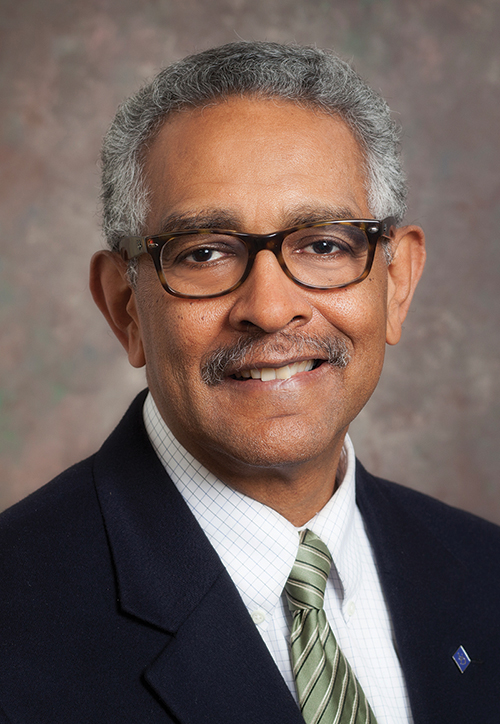
Cordell Overby
Associate Deputy Provost for Research and Regulatory Affairs
Cordell M. Overby, associate deputy provost for research and regulatory affairs, has been elected to the board of directors of the Oak Ridge Associated Universities.
ORAU is a consortium of 115 Ph.D.-granting universities from across the United States, Puerto Rico and the United Kingdom that helps advance national priorities in science, education, security and health through a partnership with the U.S. Department of Energy.
The consortium awards research grants; promotes opportunities for collaboration among government, universities and private industry; and creates strategic partnerships for scientific research and education.
Based in the Research Office, Overby oversees the University’s compliance with federal, state and internal policies and regulations. He is responsible for the review, negotiation and establishment of research agreements and the administrative transfer of research materials to and from UD.
Prior to joining UD, Overby had 18 years of industry experience in technical management and design engineering on programs funded by the U.S. Department of Defense and the U.S. Department of Energy.
Overby has a secondary faculty appointment as professor in the College of Engineering. He holds bachelor’s, master’s and doctor of science degrees in engineering from George Washington University.
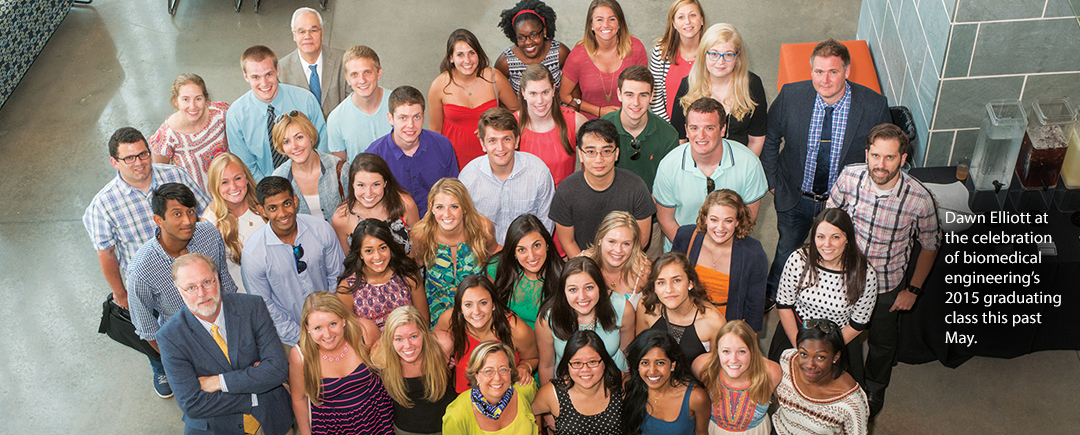
Backbone of the profession
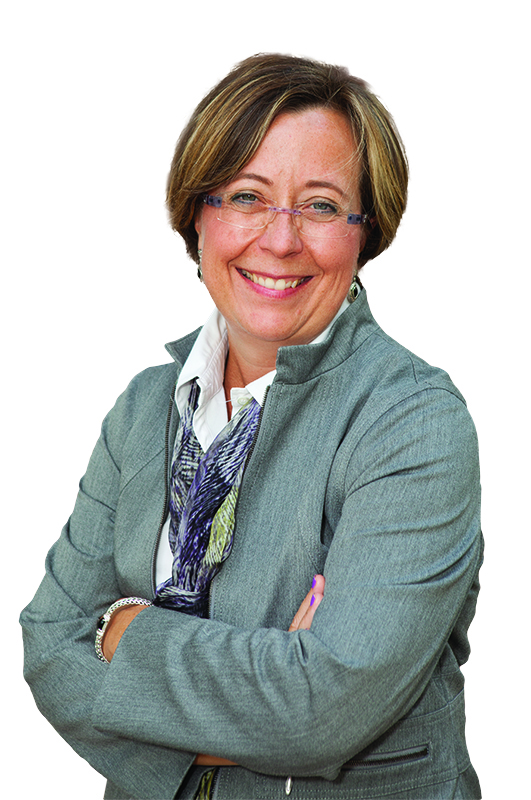
Dawn Elliott
Chair of Biomedical Engineering
With age, your spine’s “shock absorbers”—intervertebral discs—degenerate, often leading to low back pain. Surgical treatment options are extremely limited and don’t restore disc function, so there is tremendous interest in new treatments such as surgical repair and tissue engineering.
Dawn Elliott, chair of biomedical engineering at UD, has been studying the biomechanics of intervertebral discs and other orthopedic soft tissues for the past 20 years using mathematical models, mechanical tests and advanced imaging technologies. She’s working to develop a better understanding of tissue function and the mechanisms for degeneration—and for healing.
The American Society of Mechanical Engineers recognized Elliott for her contributions to the field by awarding her the 2015 Van C. Mow Medal. She was cited for her research, her student mentorship with a focus on mentoring women, and her leadership in ASME’s bioengineering division.
But that’s not all. The Orthopedic Research Society also presented its Inaugural Outstanding Achievement in Mentoring Award to Elliott. She is credited with encouraging and helping numerous students through ORS webinars and workshops focused on how to prepare for the academic job market.
Grace O’Connell, who earned her doctorate working with Elliott, refers to her as “an exemplary mentor to her graduate students and an inspiring role model to many others, in particular, academically bound young women.”
In her letter nominating Elliott for the award, O’Connell writes, “Dawn’s advice and mentorship of her graduate students continues well beyond their time in her lab…. [She] has been the backbone for a group of female faculty and postdocs that have crossed paths with her at various points in their career.”
MORE STORIES
ADVANCE-ing UD
Seven faculty members are highlighted in this issue of UD Research. Indeed, there are commonalities among them—a steadfast commitment to excellence, unrelenting intellectual curiosity, mentors and role models who inspire, and a disdain for the status quo. I encourage you to read their stories to learn about their inspirations, the challenges they have faced and the scope and quality of their scholarly endeavors.
Women of Research
Extraordinary research is underway at the University of Delaware, and women are all over it. We profile seven researchers who offer insight into their work—from coral reefs to corporations—what hurdles they have cleared and what keeps them moving forward.
Danielle Dixson
A chance encounter with a tour guide at the Shedd Aquarium in Chicago is what sparked Minnesota native Danielle Dixson’s interest in marine biology. “I was 5 years old and the guide gave me a book for asking a clever question about whales,” she says.
Liz Farley-Ripple
Elizabeth Farley-Ripple did not set out to become an education researcher. As an undergraduate at Georgetown University, she started out majoring in Latin American Studies. Then came Professor Bill McDonald’s sociology course focusing on research methods. “I had an aha moment,” says Farley-Ripple. “I realized I could have an impact—and actually apply the ideas I had been reading about.”
Jennifer Joe
Jennifer Joe, the Whitney Family Professor of Accounting in the Alfred Lerner College of Business and Economics, attributes positive experiences with her professors in college as the impetus for her pursuit of an academic career.
Rhonda Prisby
Rhonda Prisby had a plan for her master’s degree in exercise physiology. She expected to work in a cardiac rehabilitation clinic. Then a professor mentioned something she hadn’t considered—her potential as a researcher.
Angelia Seyfferth
Having had the chance to conduct research taking water samples on the Chesapeake Bay early in her undergraduate studies, Angelia Seyfferth, assistant professor in the Department of Plant and Soil Sciences, is hoping to pass her enthusiasm for research to young scholars in her lab.
Margaret Stetz
As a scholar with diverse interests from 19th-century British literature to military history and fashion studies, and who shares her work in a variety of academic and community forums, Margaret D. Stetz might be expected to have difficulty summarizing what she does.
Cathy Wu
For Cathy Wu, becoming a bioinformatics expert was kind of accidental. Armed with a Ph.D. in plant pathology and a postdoc in molecular biology, she followed her husband on a job move to Tyler, Texas, in the mid-1980s, but was unable to land a good faculty position there.
Never underestimate the power of good mentoring
A few years ago, a newly hired female faculty member had the following experience: A male colleague responded to her hallway greeting by saying hello and adding, “I hope everyone is making you feel welcome.”
Spin in spins out innovation
The University of Delaware’s “Spin In” program, founded, managed and trademarked by the Office of Economic Innovation and Partnerships, connects University undergraduate students with community entrepreneurs and early-stage startups to give them an inside look at business innovation in action and a chance to apply what they’re learning in real-life situations.
Making it clear
For the past three years, almost 90 educators from around Delaware and Maryland have been working with scientists and environmental experts from the University of Delaware and the University of Maryland. The goal is to develop a richer understanding of climate change and build effective activities and instruction plans to help their students understand the data and find potential solutions.
Solar Strong
The vast majority of the sun’s extraordinary power remains out of reach—absorbed, deflected or otherwise inaccessible to today’s power-hungry masses—but University of Delaware researchers continue their quest to capture more, store more and deploy it more efficiently.
Slaves’ lives emerge from ancient ruins
“Detfri slave of Herennius Sattius” and “Amica slave of Herennius” reads the terra-cotta tile. It was discovered atop the ancient temple in Pietrabbondante, a town tucked into the bare rock and evergreen-covered mountains more than 100 miles east of Rome.
Fearsome Fridays
Tom Fernsler, “Dr. 13,” now retired from the Delaware Center for Teacher Education, knows a lot about Friday the 13th. Do you? Take our quiz and find out!
News Briefs
• Changing the color of light
• What’s it really mean if a CEO is greedy?
• Research All-Stars field new findings




